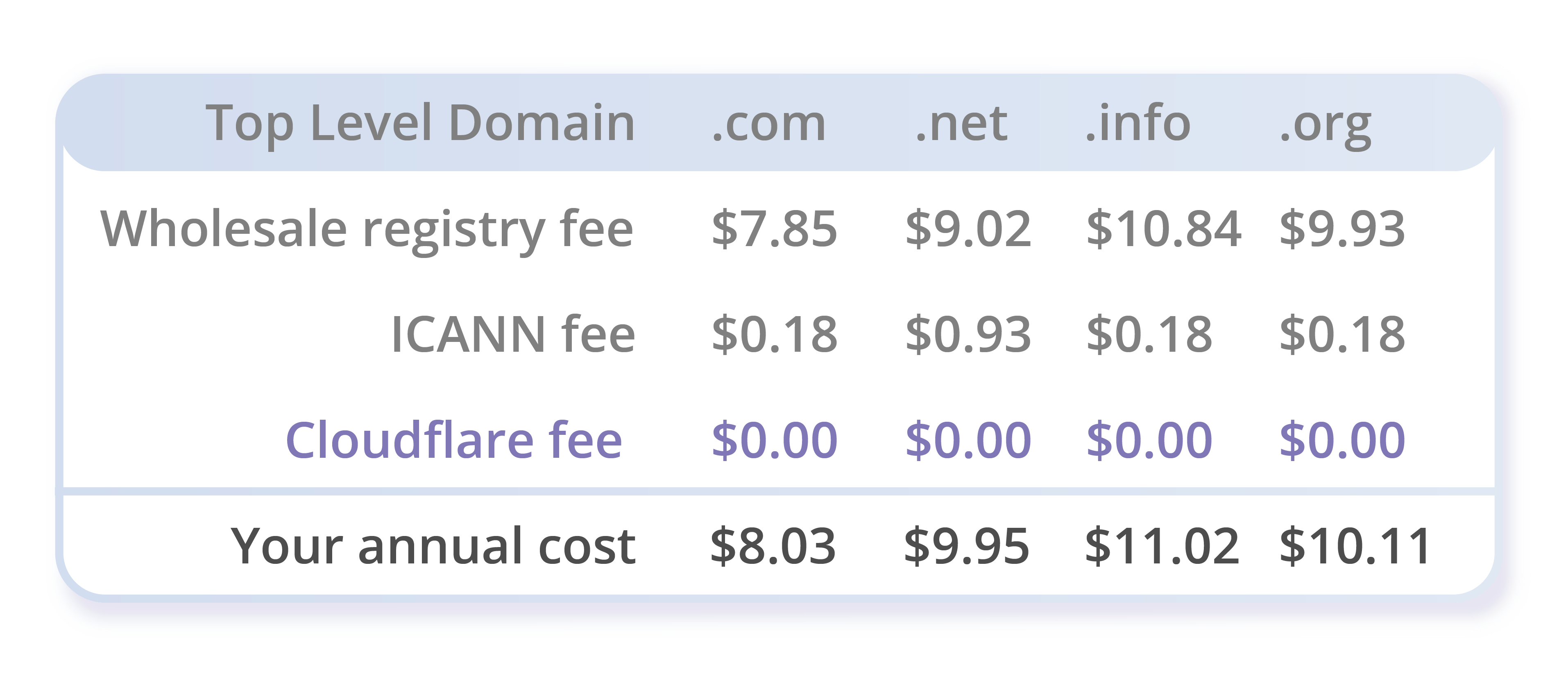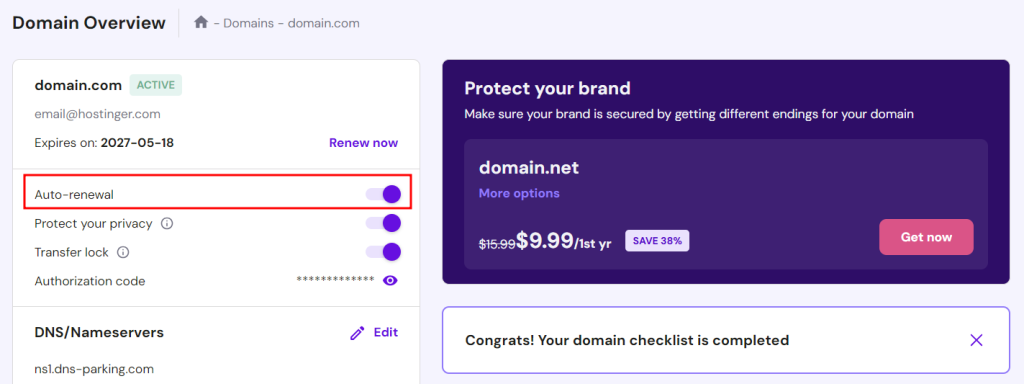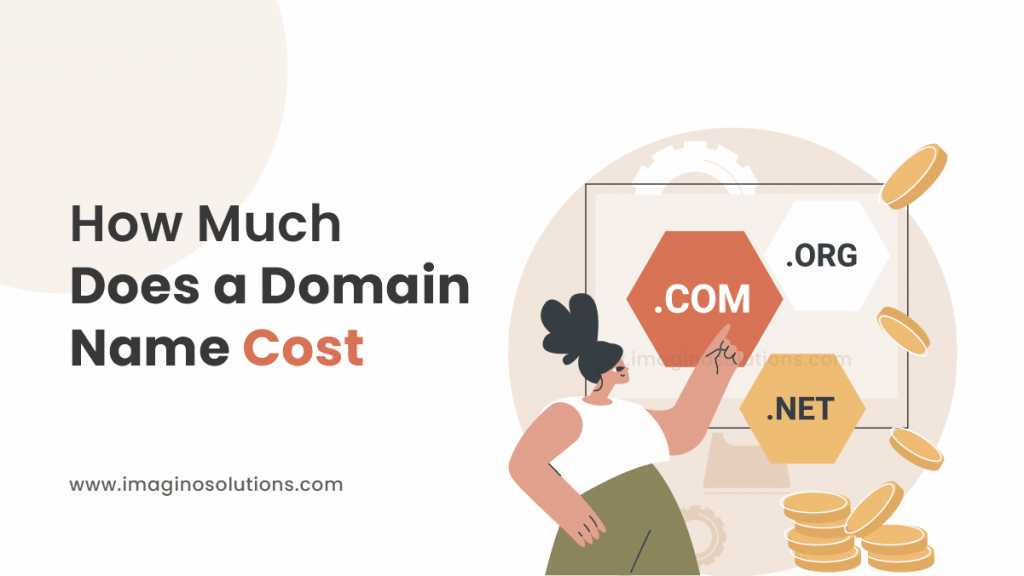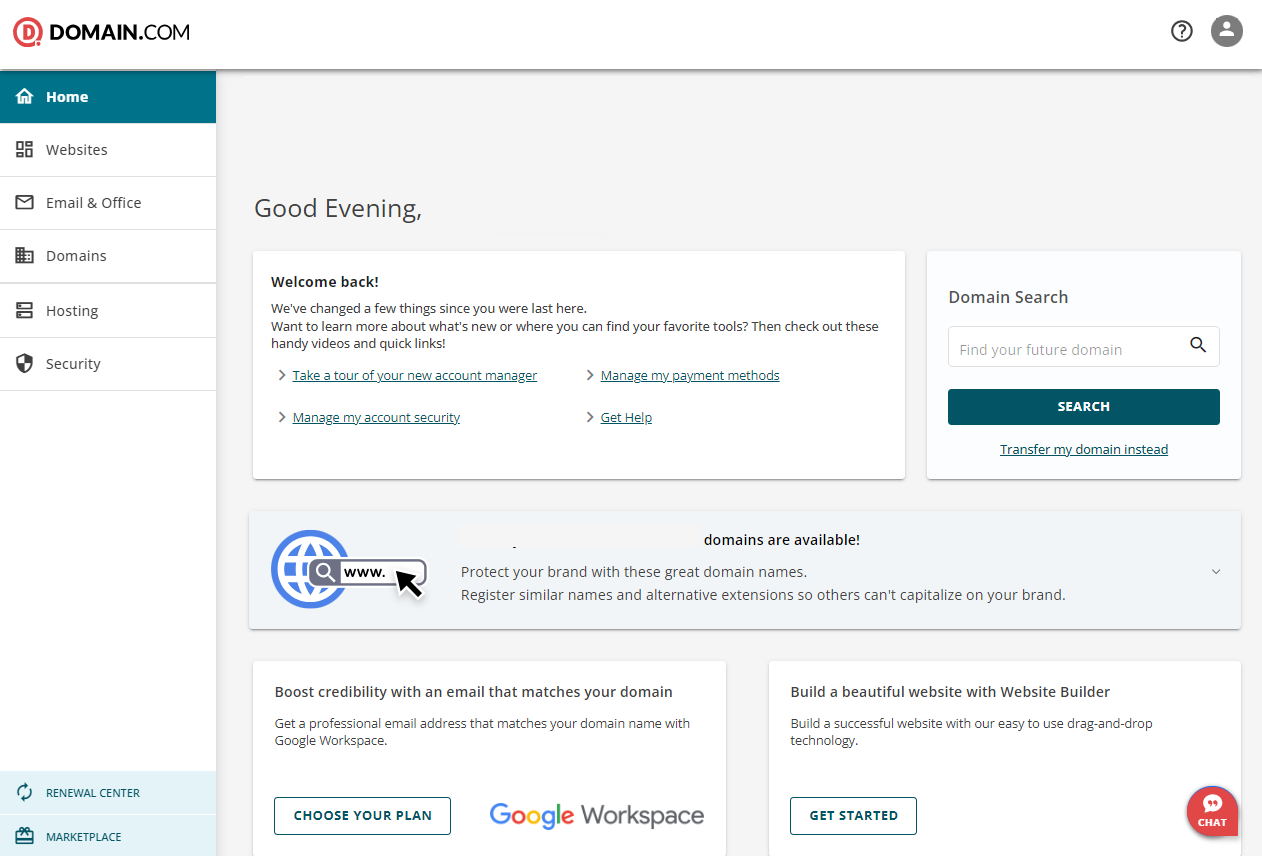How Much Does It Cost To Renew A Domain

Domain name renewals are approaching, and procrastinating could cost you more than just a few dollars. Renewing your domain promptly is crucial to avoid losing your online identity and facing potentially hefty recovery fees.
This article provides a straightforward breakdown of domain renewal costs, factors influencing pricing, and critical steps to ensure your domain remains yours.
Understanding Domain Renewal Costs
The price of renewing a domain name varies considerably depending on several factors. Domain registrars, the extension (like .com, .org, or .net), and any bundled services all contribute to the final cost.
Generally, you can expect to pay anywhere from $10 to $20 per year for a standard .com renewal. However, this is just a baseline; some extensions and registrars may charge significantly more.
Key Factors Affecting Renewal Prices
The domain extension plays a major role. Less common extensions like .io or .biz often command higher renewal fees compared to the ubiquitous .com.
Your chosen registrar also impacts pricing. Some registrars offer lower initial registration fees but inflate renewal costs, while others maintain consistent pricing.
Bundled services, such as privacy protection or website builders, can increase the overall renewal price. These add-ons, while convenient, might not always be necessary.
Comparing Registrar Renewal Rates
It's wise to compare renewal rates across different registrars. Popular choices like GoDaddy, Namecheap, and Google Domains all offer varying prices.
According to recent data, Namecheap often provides competitive renewal rates for .com domains, typically around $13 to $15 per year. GoDaddy's renewal prices can fluctuate, sometimes exceeding $18 for the same extension.
Google Domains, known for its simplicity and integration with other Google services, usually falls in the middle range, around $15 to $17.
The Consequences of Lapsed Domain Renewal
Failing to renew your domain on time can have severe repercussions. Your website will become inaccessible, and your email service, if tied to the domain, will cease to function.
Furthermore, your domain enters a grace period, during which you can still renew it, but often at a higher price – sometimes significantly higher.
If you miss the grace period, the domain enters the redemption period, where reclaiming it can cost hundreds or even thousands of dollars.
After the redemption period, the domain becomes available to the public, allowing anyone to register it. This could mean losing your brand identity and valuable online presence to competitors.
Steps to Ensure Timely Renewal
Set up automatic renewal with your registrar to avoid accidental lapses. Most registrars offer this feature, ensuring your domain renews automatically before the expiration date.
Keep your contact information up-to-date with your registrar. This ensures you receive renewal notifications and other important communications.
Monitor your domain's expiration date. Mark it on your calendar and set reminders to avoid any last-minute surprises.
What to Do Next
Check your domain's expiration date immediately. Log in to your registrar account and confirm the renewal date to avoid potential issues.
Compare renewal rates across different registrars. Even if you're happy with your current registrar, exploring alternatives can save you money.
Consider transferring your domain to a registrar with more favorable renewal pricing. This simple step could save you significant money in the long run.
Don't wait until the last minute. Renew your domain well in advance of the expiration date to ensure uninterrupted service and avoid costly mistakes.


















